Product pictures
| Amount Per 1 oz, 28 g | |||
| Calories | 45 Kcal (188 kJ) | ||
| Calories from fat | 31.5 Kcal | ||
| % Daily Value* | |||
| Total Fat | 3.5g | 5% | |
|---|---|---|---|
| Saturated Fat | 0.5g | 3% | |
| Sodium | 190mg | 8% | |
| Total Carbs | 2g | 1% | |
| Dietary Fiber | 1g | 4% | |
| Protein | 2g | 4% | |
| Vitamin C | 1.5mg | 3% | |
| Vitamin A | 0.1mg | 2% | |
| Iron | 0.3mg | 2% | |
| Calcium | 40mg | 4% | |
* Percent Daily Values are based on a 2000 calorie diet. Your daily values may be higher or lower depending on your calorie needs.
Find out how many calories should you eat.
Ingredients And Nutrition Overview
Best
choice Good
choice Poor
choice Avoid
it!
choice Good
choice Poor
choice Avoid
it!
-
WeightWatchers Points: 1, PointsPlus: 1, SmartPoints: 1
WeightWatchers Points are estimated by carbohydrates, fats, protein and fiber in product. They are not an affirmation of better quality or nutritional value of the product or its manufacturer. Only way to count for dieters. Less points are better.
Read more at Weight watchers diet review -
Convert Salt tsps to Sodium mg easily
Salt (NaCl) is not excactly sodium (Na).
It is not right to use these terms as synonyms.
The FDA recommended limit of sodium is 2,300 mg per day (or even less - about 1500 mg while one is on low sodium diets).
This is much less than the weight of salt.
(5,750 mg per day or 3,750 mg for low sodium diet) and not so convenient to calculate.
Know how much sodium is in your salt - without a calculator:
1/4 tsp salt = 600 mg sodium
1/2 tsp salt = 1200 mg sodium
3/4 tsp salt = 1800 mg sodium
1 tsp salt = 2300 mg sodium -
Interested in getting more protein?
Protein is important, but some of the protein you find in this product isn't exactly natural.
The protein comes from one of the following sources:
- milk protein concentrate
- whey protein isolate
- soy protein isolate
and that it's not ideal to get protein only from processed goods.
If you're looking for more protein, try beans, quinoa, nuts, seeds, peas and spinach & leafy greens.
Not only do they have protein, they're filled with other vitamins and minerals. -
Not a really good source of calcium!
Cheese is a generally a good source of calcium (more than 10% daily value per serving) - but not this.
If you are looking for calcium - swap for something with higher calcium content.
By the way, you don't need high fat or calories to get high calcium.
Many "lite" versions of cheese provide 30% of daily calcium needs.
Choose cheeses that are a naturally good source of calcium.
If you're worried about fat and calories, pre-sliced cheese, cheese sticks or cheese squares
are a great way to make sure your portion is the right size.
The FDA defines a serving of cheese as 1 ounce (30 grams). -
Carrageenan is an additive made from seaweed.
It is used as a thickener in products such as ice cream, jelly, chocolate milk, infant formula, cottage cheese.
It is a vegetarian and vegan alternative to gelatin.
It has been used for hundreds of years in Ireland and China, but only made headway into modern food processing in the last 50 years.
The processing steps after harvesting the seaweed include drying, grounding, filtration, treatment with potassium hydroxide, removal of cellulose by centrifuge, concentration by evaporation, drying, and grounding.
Interestingly, the Philippines account for the vast majority of the world supply of carrageenan.
In some animal studies, carrageenan was shown to cause intestinal lacerations and tumors.
A 2001 meta-study of 45 peer-reviewed studies concluded that carrageenan consumption may result in gastrointestinal malignancy and inflammatory bowel.
The FDA has approved carrageenan as safe, basing its decision on industry funded studies.
European agencies and the World Health Organization have also deemed carrageenan safe, with the exception of infant formula.
The fear is the a baby's gut may be unable to handle the large carrageenan molecules.
In some individuals carrageenan may cause intestinal discomfort or worse. -
Contains MSG-like ingredients
People feeling reaction to MSG may also react adversely to MSG-like substances.
Glutamates or chemically similar items are added to improve a product's taste.
Here is a short list of common MSG-like substances:
- Yeast extract
- Autolyzed yeast
- Hydrolyzed proteins
- Textured proteins
- Anything "enzyme modified"
Allergens
Soy Allergy
Cheese alternative nacho Ingredients
Filtered Water, Non-GMO Expeller Pressed Canola Oil, Inulin (Chicory Root Extract), Jalapeno Peppers, Tofu (Soybeans, Calcium Sulfate), Non-GMO Soy Protein, Pimientos, Natural Flavor (Contains Autolyzed Yeast), Agar Agar, Sea Salt, Carrageenan, Nutritional Yeast, Spices, Lactic Acid (Vegetable Source), Annatto. Gluten free.
You Might Also Like
% RDI of Main Nutrition Facts
2%
of RDI* (45 calories) 28 g
-
Cal: 2.3 %
-
Fat: 5.4 %
-
Carb: 0.7 %
-
Prot: 4 %
-
0%25%75%RDI norm*
Calories Breakdown
- Carbs (15.4%)
- Fat (69.2%)
- Protein (15.4%)
Get Your Recipe of Health!
Follow RecipeOfHealth on Facebook!

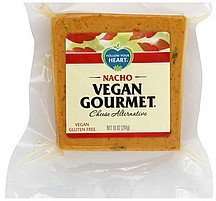
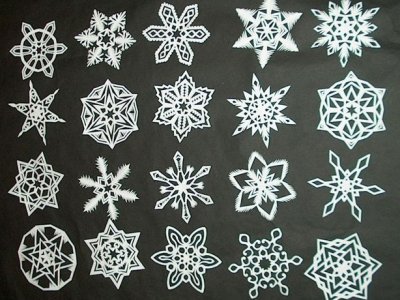
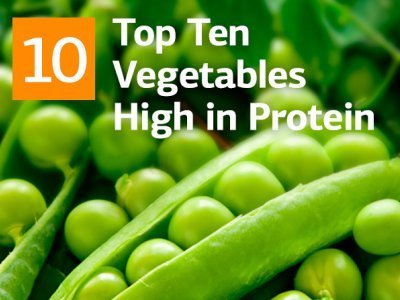

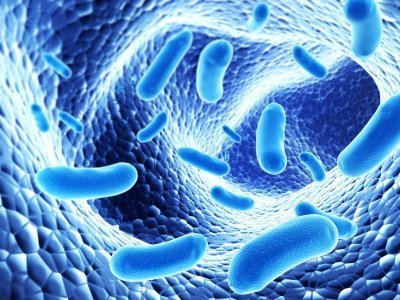



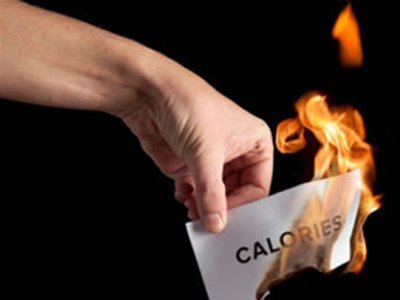
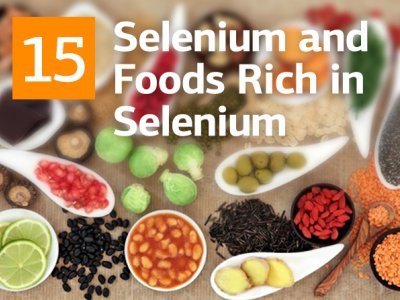
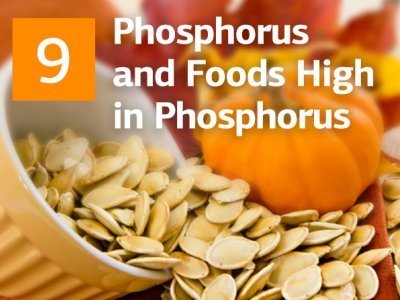
Add your comment